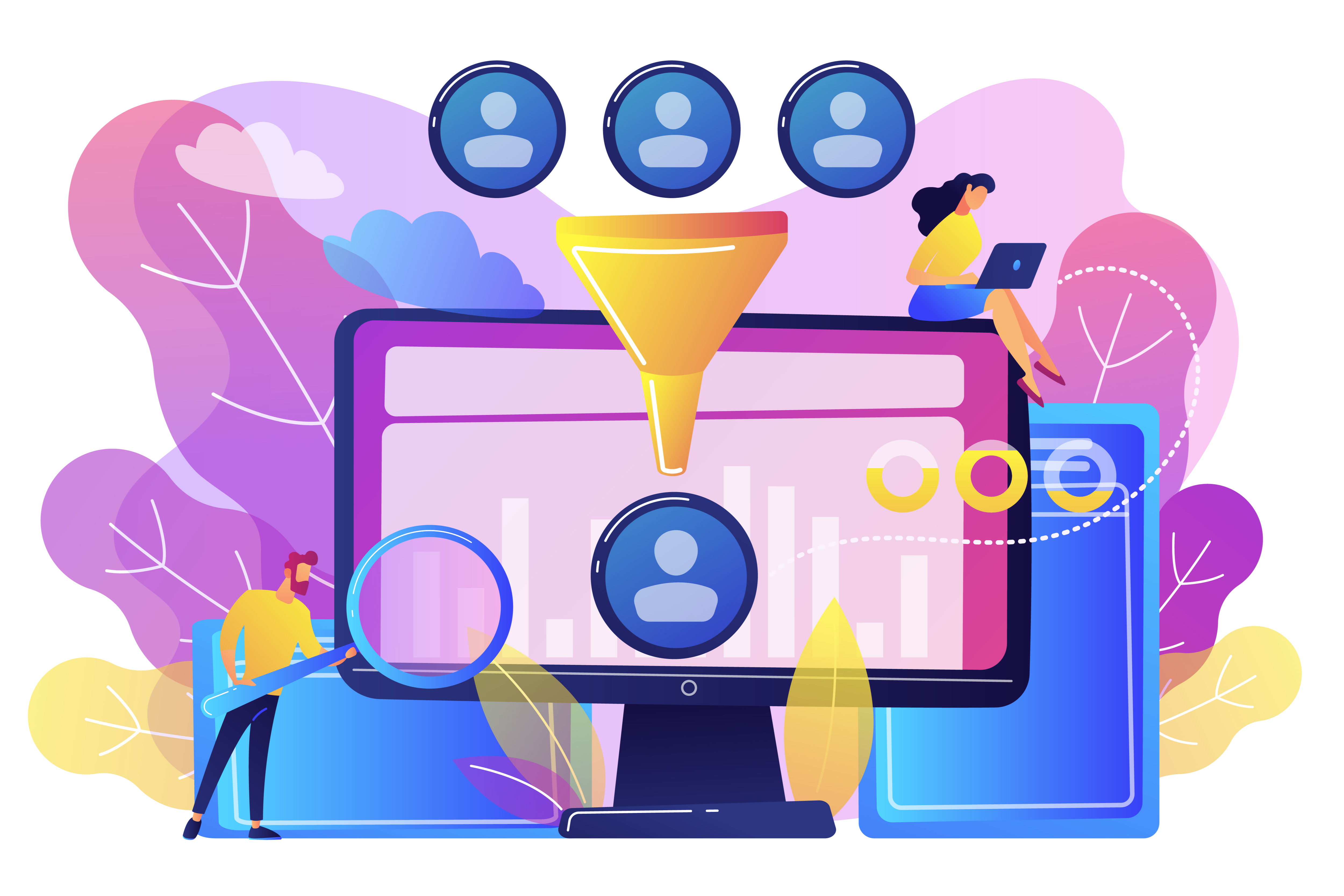More and more of the world’s leading organizations are utilizing talent assessments to better inform hiring decisions and drive more effective employee development. In fact, 82% of companies are using some form of skill assessment tests today. There is little doubt that the use of talent assessments in the hiring and development process will continue to grow, particularly given the recruitment challenges in today’s market and the import of finding best fit hires.
As HR leaders look to these vital tools to improve their HR process, there are two critical considerations when choosing and implementing a talent assessment solution.
Don’t Sacrifice The Science.
Science and data analysis are the reasons behind why talent assessment tools can better predict and inform hiring decisions and development plans. In fact, they provide a more credible approach to talent decisions, going beyond resume screening and interviewing to find best fit candidates. While resumes and interviews are essential to the hiring process, they only help to determine if a person has the right degree of experience or qualifications for a position. They provide very little insight into whether a candidate has the right behaviors, values and competencies for the job.
In fact, according to a recent study, up to 78% of resumes are misleading and up to 46% contain lies. Furthermore, there is a greater move towards hiring for performance and fit in today’s business landscape. Consider a recent survey by Harris Poll that found, if hiring for a job and the perfect candidate didn’t exist, 75% of Americans would most likely hire a candidate who has soft skills vs. the right experience or qualifications.

Assessment tools that are backed by science and developed by I/O psychologists are best able to evaluate, measure and predict a person’s competencies and potential to perform in a job. However, many assessment tools on the market today are leaning on brevity and interactivity in favor of the science and I/O psychology that is paramount for these solutions.
Effective talent assessment solutions can deliver both engaging platforms without sacrificing the necessary science. HR leaders should avoid adopting sub-standard tools or to be seduced by cheaper platforms that don’t have the science to back it up.
You Must Have the Right Hiring Process to Start With.
Often, candidates or employees may feel like talent assessments are just another hiccup on their way to landing a job or furthering their career. The problem often stems from an inefficient or inadequate overall hiring process or one that is disjointed, keeping talent assessments as an “add on.”
In addition, many assessments aren’t related specifically to the job which a candidate is vying for, or that pertains to an employee’s exact function or skills. In fact, according to Gartner research, candidate prefer job-related assessments and respond to those tools that are relevant to their role. In other words, asking candidates to take part in a game or assessment that doesn’t simulate the workplace or job function can backfire.
It is critical that talent and development assessments link to specific job profiles. In doing so, HR decision-makers can identify a tailored description of the key talents and experience a potential hire will need to possess to be successful in the job, and then
assess candidates based on that criteria. The results are mapped to benchmark data specific to your organization, job and industry.
The Future of Talent Assessments is Here.
While skills assessment tests have been around for decades, companies’ adoption of these valuable tools is rapidly growing. Thanks to scientific and technological advancements, talent assessments have become a credible, reliable, affordable and engaging way for companies to measure candidates for best fit and to further develop and structure its workforce. As a result, organizations can avoid the high cost of bad hires and ensure higher performance levels of their workforce.
XBInsight Leading the Way.
At XBInsight, we believe better data leads to better decisions, better talent, and ultimately better workforce performance. Our industry-leading proprietary assessment system was developed by experts in I/O psychology and some of the most experienced minds in the assessment field. Our validated, reliable system has helped hundreds of companies make educated, data-driven decisions from recruitment to leadership succession.
Based on thousands of assessment data in more than 50 industries, XBInsight’s Job Profile identifies core competencies, values, behaviors, critical thinking skills, and work environment factors that are important to a particular job based on the hiring managers’ or subject matter expert (SME) ratings. The report is then used to assess the likelihood of success for a specific job in a specific industry.
Learn more about XBInsight’s comprehensive suite of talent assessment solutions.


